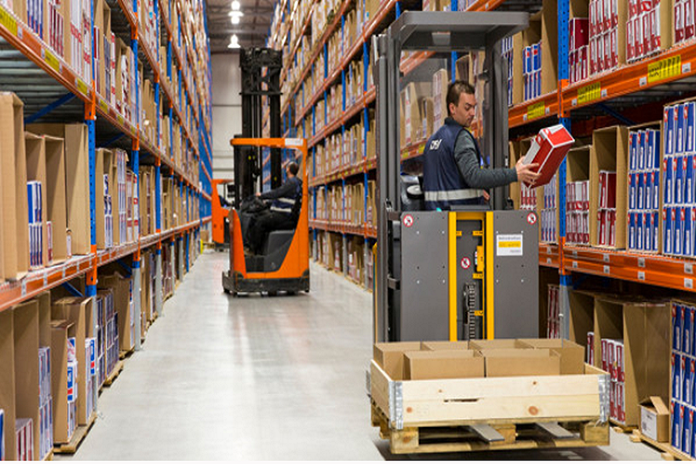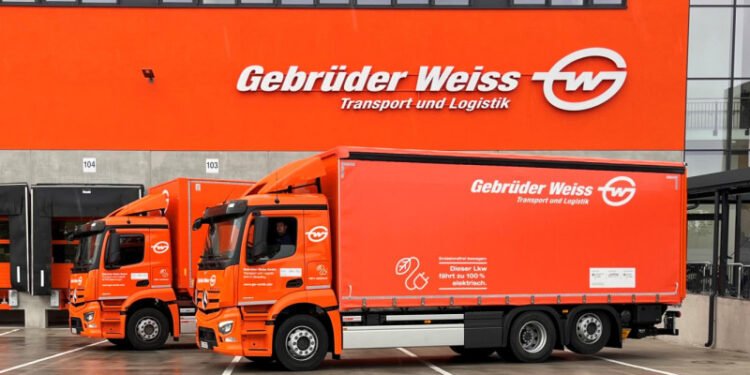Danish forwarder DSV Panalpina has taken over e-commerce specialist Prime Cargo to tap into the exploding global online shopping market and expand its coverage of the Chinese retail fashion business.
Prime Cargo, also headquartered in Denmark, was acquired for an undisclosed sum from Japanese distribution company Mitsui-Soko Group, and has forwarding, warehousing, and logistics solutions in Denmark, Poland, and China.DSV said in a statement Wednesday that Prime Cargo has been on its radar for several years, and the targeted acquisition offered a “high degree of specialization within selected verticals where DSV Panalpina has little activity.”
The most interesting of these areas covered by Prime Cargo relate to e-commerce and fashion retail, with DSV highlighting the fashion product set up in China.“With Prime Cargo’s competencies onboard, DSV Panalpina and Prime Cargo will have the ability to accelerate the e-commerce effort on a much larger scale,” Copenhagen-based DSV said.
Morten Høilund, managing director of Prime Cargo, said its strong position in the e-commerce and fashion markets would act as cornerstones around which DSV could build the expansion strategy.“We believe the acquisition provides a unique opportunity to link our industry focus with DSV’s global network,” he said.
The acquisition will take two to three months to be cleared by competition authorities, and while that means DSV will not be able to make use of its expanded e-commerce coverage through what is expected to be a huge peak season, it will give the forwarder greater exposure to a European and Chinese online shopping market that is growing exponentially.
Rapid and sustained growth in online shopping
Consumers in China will spend $2.090 trillion on retail e-commerce this year, an increase of 16 percent compared with 2019, according to a recent report by market research company e-Marketer. The compound annual growth rate of e-commerce sales is expected to be 18 percent a year until 2025.
Huge growth is also being seen in Europe, with the UK’s Office for National Statistics reporting online sales represented 26.1 percent of total UK retail sales in September, and has averaged 28.1 percent per month since March. In 2019, online sales represented an average of 18.1 percent per month between March and September.
Germany’s retail sales via mail order houses or via the internet have increased an average of 22.8 percent year over year between March and August compared with 10.6 percent for the same period in 2019, according to Deutsche Bundesbank Eurosystem data.
DHL Express is gearing up for an increase in online shopping volume over the next two months that is expected to grow 50 percent year over year as mega shopping promotions such as Alibaba’s “Singles Day” on Nov. 11 and Black Friday on Nov. 27 drive up peak season e-commerce demand.“Over the years, we have seen consumers and even businesses shift their purchases online, but the pandemic has truly pushed the trend to leapfrog a few years ahead,” Ken Lee, CEO of DHL Express Asia Pacific, said in a statement Wednesday.
DHL said its global e-commerce shipment volume has increased by “at least” 35 percent so far this year.







